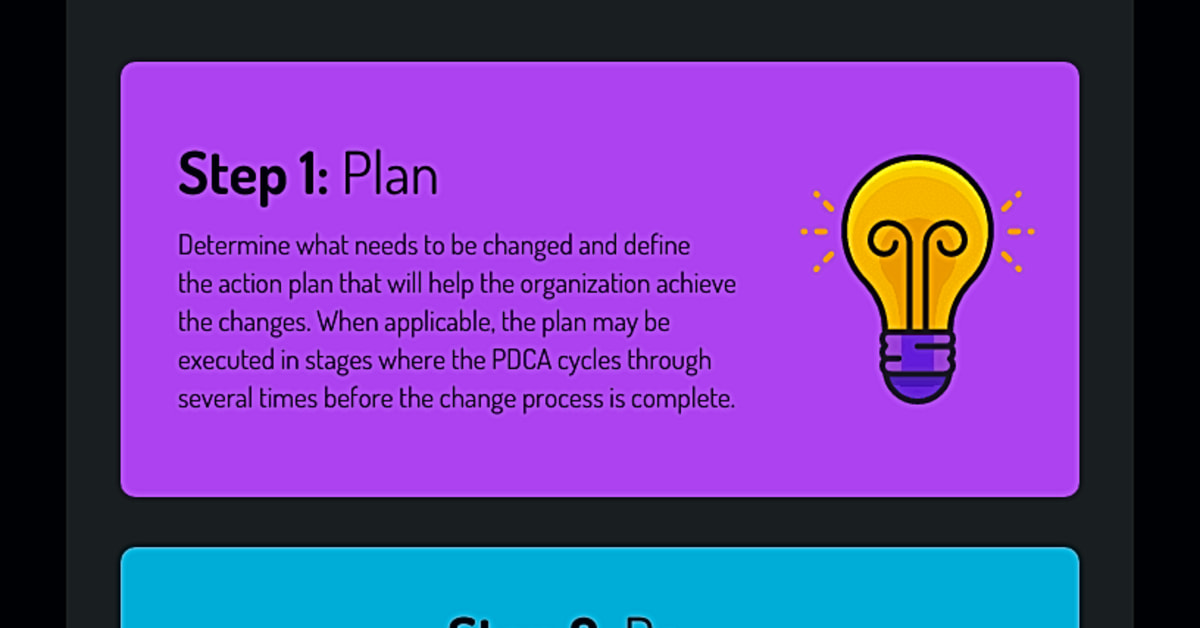How Continuous Improvement Strategies Can Boost Your Business

Continuous improvement is a crucial factor in the success of any business. In today’s fast-paced and competitive market, staying ahead of the game is essential. That’s where continuous improvement strategies come in. These strategies help businesses identify areas for growth and implement changes to achieve better results. Whether you’re a small startup or a large corporation, incorporating continuous improvement strategies into your business model can lead to significant improvements in efficiency, productivity, and overall success. In this article, we will explore the concept of continuous improvement and how it can benefit your business. So, if you’re ready to take your business to the next level, keep reading.
Continuous improvement strategies focus on identifying and eliminating inefficiencies, streamlining processes, and implementing best practices to achieve better results. These strategies are essential for businesses of all sizes, as they help to increase productivity, reduce costs, and improve overall performance. By continuously evaluating and improving processes and procedures, businesses can stay ahead of the competition and achieve long-term success.
One of the key aspects of successful continuous improvement strategies is strategic planning. This involves setting clear goals and objectives for the business, as well as identifying potential areas for improvement. This could include analyzing current processes and identifying inefficiencies, conducting market research to understand customer needs and preferences, and staying up-to-date with industry trends and best practices.
Another important aspect of continuous improvement strategies is organizational strategy development. This involves aligning the goals and objectives of the business with the overall vision and mission of the organization. By involving all levels of the organization in the development of these strategies, businesses can ensure that everyone is working towards a common goal and that all efforts are focused on driving improvement.
Effective solution implementation is also crucial for the success of continuous improvement strategies. This involves taking action to address identified issues and inefficiencies, as well as implementing new processes and procedures to improve overall performance. It may also involve investing in new technology or tools to streamline processes and increase efficiency.
Continuous improvement strategies can provide numerous benefits for businesses. By constantly striving to improve processes and procedures, businesses can increase productivity, reduce costs, and ultimately improve their bottom line. These strategies also help businesses stay competitive in a constantly evolving market by adapting to changing customer needs and industry trends.
In conclusion, continuous improvement strategies are an essential aspect of business success. By focusing on strategic planning, organizational strategy development, and effective solution implementation, businesses can achieve long-term success and stay ahead of the competition. By continuously evaluating and improving processes and procedures, businesses can drive efficiency and effectiveness, leading to better results and improved overall performance.
Strategic Planning for Continuous Improvement Success
The first step in implementing continuous improvement strategies is to have a solid strategic plan in place. This involves setting clear objectives and goals for your business, identifying potential obstacles, and outlining a roadmap to achieve success.
Organizational Strategy Development
Next, it is important to develop a comprehensive organizational strategy that aligns with your overall business strategy. This includes assessing your company’s strengths and weaknesses, analyzing market trends, and identifying opportunities for growth.
Effective Solution Implementation
Once you have a strategic plan and organizational strategy in place, the next step is to implement effective solutions. This could involve making changes to your processes, adopting new technologies, or investing in employee training programs. The key is to continuously monitor and evaluate the effectiveness of these solutions to ensure they are driving positive results.
Continuous improvement strategies are an ongoing process that requires dedication and commitment from all levels of your organization. By implementing these strategies, you can drive significant improvements in your business and achieve long-term success. Remember to regularly review and adapt your strategies to stay ahead of the competition and continuously improve.
Related Posts
Learn About the Best Practices for Strategic Planning and Process Improvement